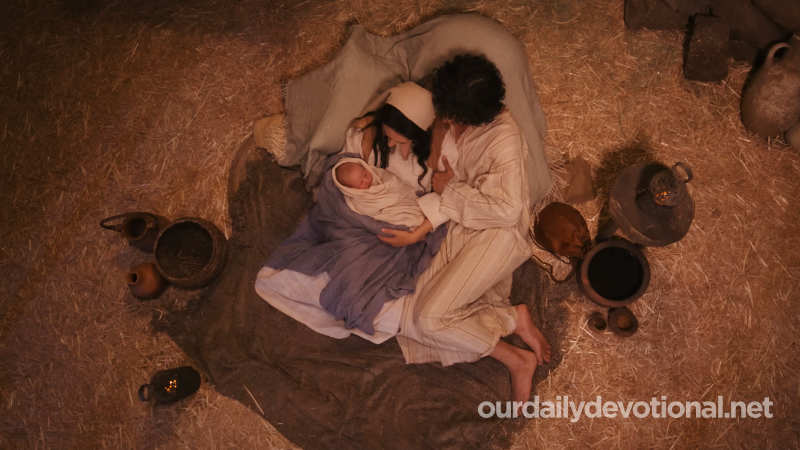The last king of the Babylonian empire. At a banquet he desecrated the sacred vessels of the temple in Jerusalem, and was warned by God with the writing on the wall. He had been weighed by God, and found wanting.
Although he was rebuked by Daniel, he showed no signs of repentance, and in the midst of the festivals the city was taken by the troops of Cyrus, led by Darius of Media (Gobryas or Gubaru).
The queen, probably the queen mother, was not present at that orgy and she was the one who made it known who could interpret the writing on the wall. See MENE.
The case of Belshazzar is one of the most notable in which hostile criticism of the Word of God maintained that there was a contradiction with history here, because Belshazzar's name had not been found in records outside the Bible.
But already in 1854, in Mugheir, ancient Ur, Colonel Rawlinson discovered an inscription on a monument mentioning Belshazzar, and later more documents about him and Nabonidus were discovered. Belshazzar was the firstborn of Nabonidus, and he shared the kingdom with his father until its collapse before the Persians.
Nabonidus, a Babylonian, was a usurper of the throne, not belonging to the dynastic line of Nabopolassar. It appears that he married a daughter of Nebuchadnezzar, to consolidate his position on the throne.
That Belshazzar was king of Babylon under his father Nabonidus explains Belshazzar's intriguing words when he offered to the interpreter of the writing on the wall that he would be "the third lord in the kingdom" (Dan. 5:7, 16, 29).
He could not offer the second position, which was the one he himself had. Contrary to what the critics intended, in this as in so many other incidents the historical accuracy of the Word of God has been vindicated, showing the invalidity of the argument from silence.
Meaning of BELSHAZZAR
The last king of the Babylonian empire. At a banquet he desecrated the sacred vessels of the temple in Jerusalem, and was warned by God with the writing on the wall.







